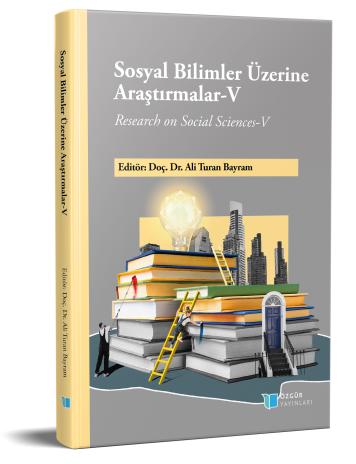
Elections and Voter Behaviors in Turkey between 1960-80
Chapter from the book:
Bayram,
A.
T.
(ed.)
2023.
Research on Social Sciences- V.
Synopsis
This study will examine elections and voter behavior between the years 1960 and 1980. This period is important because it constitutes an exceptional period of Turkish political life in terms of the visibility of class politics. The main argument of the study is that class characteristics and, more specifically, economic factors became the main factors in voter behavior during this period. In this period of import-substitution capital accumulation, the references to the social state and the liberal structure of the 1961 Constitution provided an environment in which parties and organizations focusing on the working class could emerge and spread. In this case, the impact of industrialization and, as a result, urbanization was great. Internal immigrants, who broke off from their relationships based on traditional values with rural-urban migration, started to be articulated into new solidarity networks within the city. Neighborhood organizations, socialist organizations, and municipal practices accelerated the convergence of these masses to the left. Moreover, industrialization and unionization rates continued to increase during the same period. Despite this, the left could not become the dominant power in the country's politics, and the CHP became the main party of the left electorate due to the weakness of the socialist parties. However, this cooperation was not enough to fight against the Nationalist Front governments. During this period, while voter preferences were shaped by class dynamics, cultural factors continued to maintain their importance. In this respect, the period between 1960 and 1980 does not represent a complete break from other periods of Turkish political life. Moreover, the process has created a suitable ground not only for the socialist left but also for the emergence of far-right formations that were organized around anti-communist discourses.

